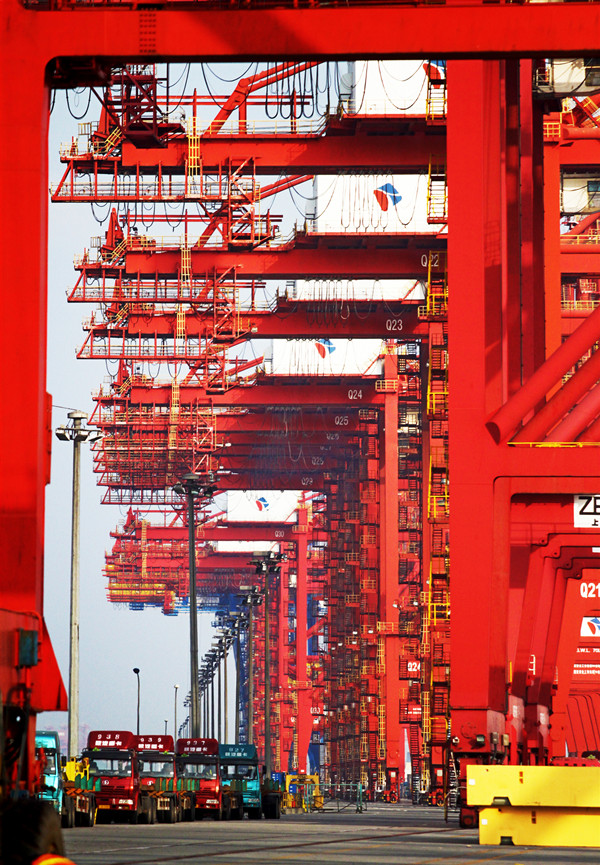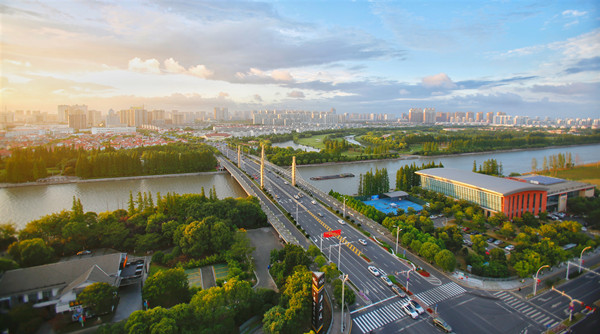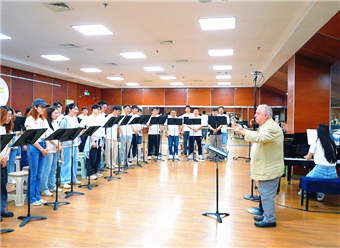Big step forward for intellectual progress
 |
|
Technicians of a firm in Taicang high-tech zone get their work done in a workshop. [Photo/Wechat: tcfbgw] |
 |
|
Technicians of a firm in Taicang high-tech zone get their work done in a workshop. [Photo/Wechat: tcfbgw] |
In the last several years, Taicang high-tech zone has attached much importance to improve its intellectual property system so that businesses got greater enthusiasm and sense for technological research and development as well as patent application. Over the past year, the zone has seen 1,405 patents of invention, and 299 of empowerment, with growth rates of 59.5 percent and 48 percent for its patents of invention and empowerment respectively.
 |
|
A full view of Taicang high-tech zone as seen from afar, contrasting with a blue sky. [Photo/Wechat: tcfbgw] |
Intellectual property (IP) are intangible assets for individuals or organizations. Ownership transfers and technology licenses are the two major types of IP transfers.
The platform is a project approved by the Intellectual Property Office of Jiangsu Province, aimed to facilitate the transactions, applications, and protections of intellectual properties. It will serve as a stimulus to Taicang-Germany cooperation in IP, industrial convergence, and scientific exchanges, as a step to integrate the "Made in China 2025" plan with German Industry 4.0.
The "Made in China 2025" initiative was started to upgrade Chinese industries comprehensively. It takes its direct inspiration from Germany’s "Industry 4.0" plan, which was first discussed in 2011 and later adopted in 2013.
The heart of the "Industry 4.0" idea is intelligent manufacturing, i.e., applying the tools of information technology to production. In the German context, this primarily means using the Internet of Things to connect small and medium-sized companies more efficiently in global production and innovation networks so that they could not only more efficiently engage in mass production but just as easily and efficiently customize products.









